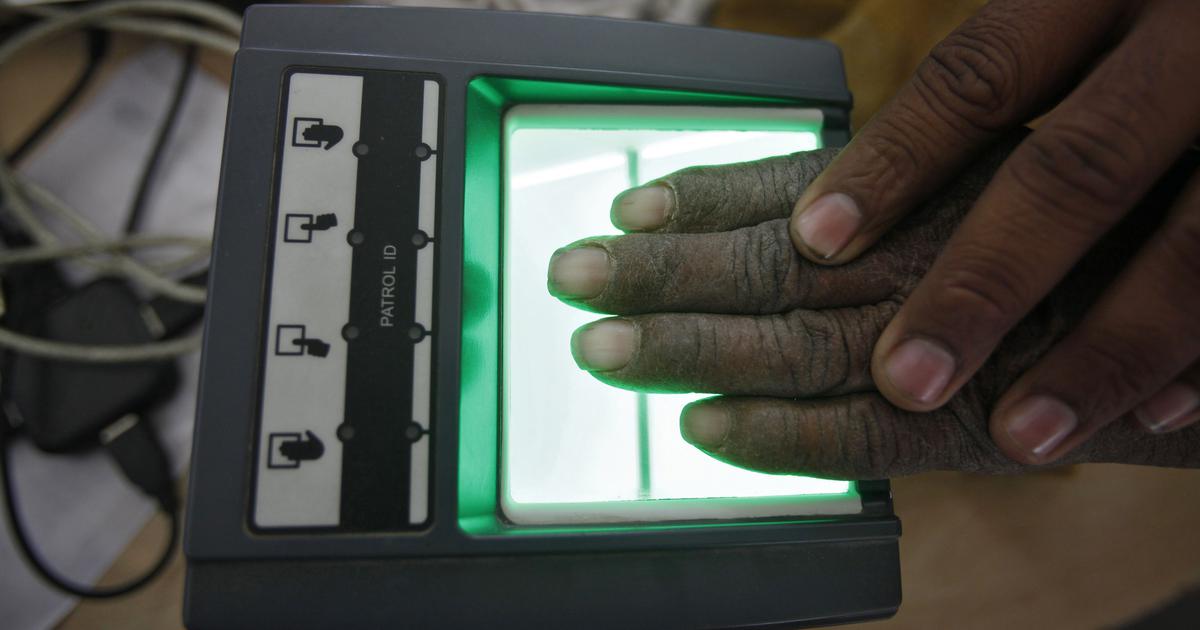A new book explains how global digital networks accumulate data and turn into uncontrollable systems
An excerpt from ‘Meganets: How Digital Forces Beyond Our Control Commandeer Our Daily Lives and Inner Realities’, by David B Auerbach.


The growth of biotech arises from the increasing miniaturisation of digital devices, networked and otherwise. MIT researchers have designed a computer in a pill, a nanocomputer that monitors stomach temperatures after swelling up in size once in the stomach.
In time, we will have such devices constantly monitoring our bodies, catching threats and changes before we are physically aware of them. But these devices will also be communicating to larger meganets, and that will inevitably bring meganet feedback effects into play as we react to other people’s health information and cluster ourselves by any number of health metrics. Staying away from people whose internal devices report them as sick will just be the start. We will seek out the “healthiest” people in the hopes of benefiting our own health, and tracking one’s health metrics will become a competitive and increasingly public matter among friends.
Outside our bodies, meganet-connected devices will be everywhere, transforming our transportation systems. As we automate driving, the interplay of our own transportation decisions, our car’s algorithms, and GPS and road condition information will create their own feedback loops, optimising traffic but also shunting it in sometimes bizarre directions. All of this travel information will be collected as well for...



































![Safari Thorium Neo 8-Wheel Luggage Set Trolley Bags (Set of 3) at just Rs. 5,599 [MRP 29,100]](https://savefree.in/uploads/images/202409/image_870x580_66f63845060f0.webp?#)












![Handmade Brown Mango Wood Chopping Board At just Rs. 89 [MRP 599]](http://savefree.in/uploads/images/202303/image_870x580_641bf7e9c2206.jpg?#)


